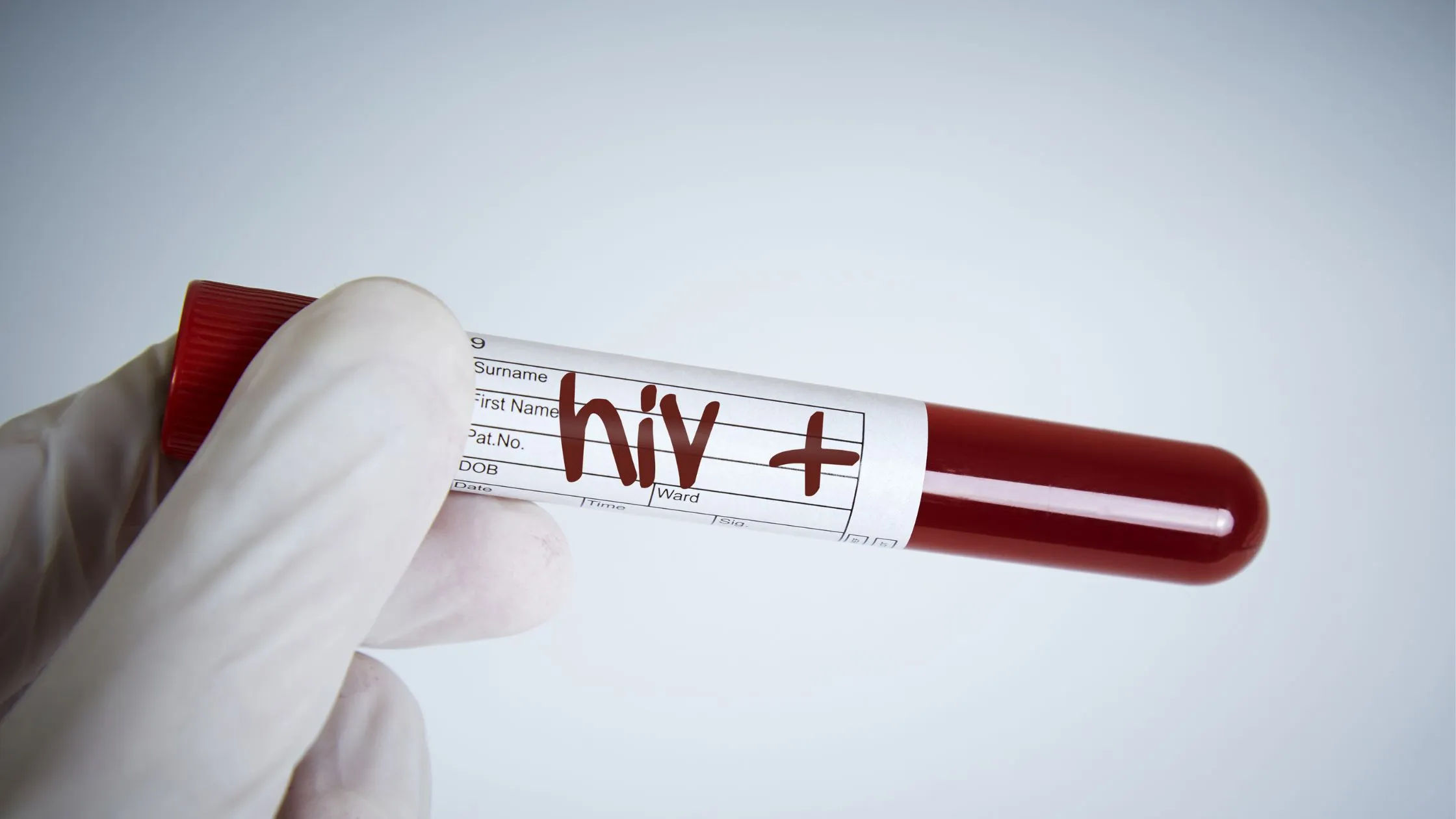Untreated depression in youngsters, according to a Nigerian consulting psychiatrist, can lead to organ damage if the condition is allowed to persist without treatment.
According to an expert named Dr. Paul Agboola, who is also the Provost and Medical Director of the Federal Neuropsychiatric Hospital in Aro, Abeokuta, Ogun State, prolonged and untreated depression in children over a period of time could affect the functioning of body organs such as the brain, heart, kidney, liver, lungs, and even the blood vessels, which could lead to organ damage.
In an interview, the child and adolescent consultant psychiatrist revealed this information and urged parents whose children were suffering from severe depression to seek correct therapy for their children by taking them to professionals. In addition, he stated that if depression in youngsters is not addressed, it may persist until adulthood.
An specialist in mental health indicated that depression could secondarily lead to kidney failure, saying that it could indirectly lead to organ failure since the hormone that ought to support the kidneys is diminished, and depression could indirectly lead to organ failure in this way.
He mentioned a sudden lack of interest in school, wetting the bed, decreased eating, weight loss, and a general lack of interest in daily activities as some of the symptoms of depression in youngsters.
According to him, factors such as traumatic side effects, child maltreatment, a family history of mental problem, environmental conditions, war, and the murder of a child’s parents could all contribute to the development of depression in children.
According to the United Nations Children’s Fund (UNICEF), depression can develop as a response to traumatic events like as abuse, violence in school, the passing of a loved one, or issues within the family, such as marital violence or the dissolution of the family unit.
The specialist in mental health also mentioned that depression has an effect on every other region of the body, highlighting the fact that the issues associated with depression in children are quite significant.
According to the explanation provided by the medical director, “Prolonged depression in youngsters that is not treated might, over the course of time, damage the way in which other organs of the body work.” It can have an effect on the way the heart works, and it can also have an effect on the kidneys after a period of time. Depression in children can have an effect on the functioning of other organs in the body if it is not treated in a timely manner and if it is allowed to continue. It is not always the case that a depressed child will end their life by taking their own life. When untreated for an extended period of time, depression can have a negative impact on the way in which other organs in the body perform their functions. The situation is as follows: there is very little brain activity. If nothing is done, the quality of that child’s life will be harmed if they are not eating and if they are not sleeping.
He continued by saying, “Now, the body’s hormones would also be altered. Hence, there will be a decrease in the production of hormones, and if there is a decrease in the production of hormones, then the areas that the hormones serve will be impacted. In other words, if depression is not properly treated and if it persists for an extended period of time, it might have an effect on other functioning of the body.
“
The body is under the control of the brain. Now, if the brain is not provided with nourishment in the form of protein, carbohydrates, fats and oils, and important minerals, then the brain will not develop as it should.
“Now, with the brain that is not developing well, naturally, over a long period of time, it will damage other organs of the body,” he stated. “Now, with the brain that is not developing correctly.”
According to him, depression is an ongoing state of feeling sad or hopeless, and while it is frequent in youngsters, it is not nearly as common in adults.
Yet, according to the provost, it is possible that depression in children will go undiagnosed since children’s verbal fluency may not be able to adequately describe their emotional state in the same way as adults can.
Nonetheless, he stated that mental professionals are able to recognize the indicators of depression in youngsters even though they are not the conventional signs that you see in adults.
So, it is very possible for individuals who are close to that individual to be unaware that the individual is suffering from depression. The symptoms are not typical of what you would see in an adult; nonetheless, trained specialists such as us are able to recognize the signals in children. It is possible for parents to miss certain characteristics in their child if they are not attentive. Depression in children has the potential to develop to other issues if it is not treated in a timely manner. He went on to say that the child would not be able to develop normally in terms of their age, height, and weight.
The psychiatrist suggested that a variety of approaches, such as telling stories and making use of graphics, may be utilized in the treatment of depression in youngsters.
According to what he had to say, “The therapy and management of children with depression include a number of workers including psychiatrists, paediatricians, psychologists, social workers, nutrition specialists, and speech therapists.”
In addition, UNICEF asserts that depression is treatable, and the sooner parents consult with a mental health professional, the sooner their child will begin to feel better.
It is essential to be aware of the fact that children and adolescents who suffer from depression are at an increased risk of harming themselves or taking their own lives. Yet, this can be avoided by providing the proper help at the right time,”


